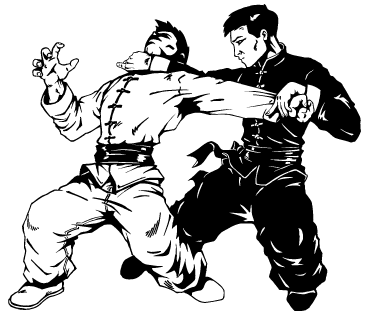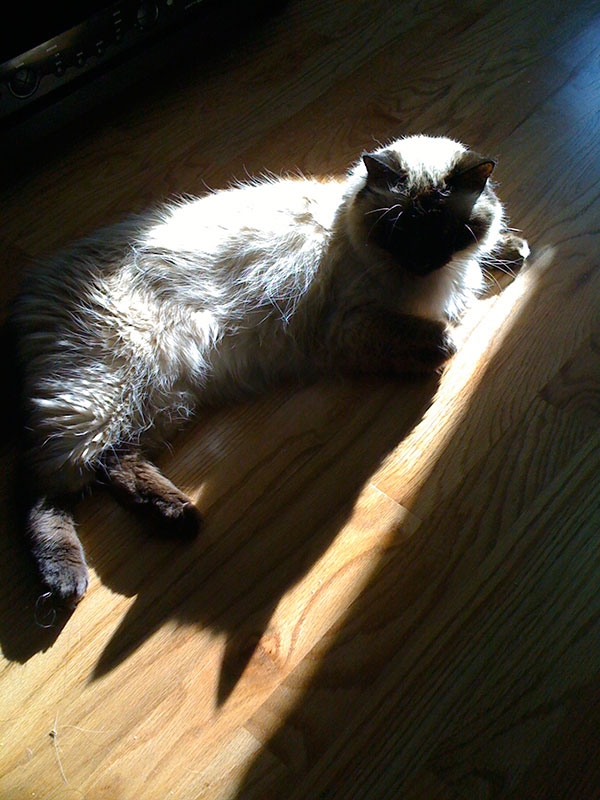You’re scrolling your Facebook news feed, populated with friends, acquaintances, relatives, that guy you met waiting in line to get into a concert, coworkers you never speak to, and so on. Down the list you come to that old high school friend you haven’t seen since graduation. (That is a long time ago. You are approaching 40, like me. And you are probably losing your hair, and you really ought to do something about that belly. But I digress.) Next to her name you see something like this:
To our beloved Cassie [for example] — you would have been 16 years old today. Daddy and I miss you so much and we carry you in our hearts every day. We love you!
Hmm. I take it something happened.
I am not making light of anyone’s tragedy. Truly — the thought of losing a child is horrifying to me and I don’t even have any children. But being a person who suffers from a degree of social awkwardness, I have a masochistic fascination with this kind of social cul-de-sac. The person who posted about this loss obviously did so in the knowledge that those close to her would know what she was talking about. I have not spoken to her in person in twenty years, and barely even pass the time with her on Facebook, and so I have no idea what she’s talking about, apart from what I can infer. The dilemma, obviously, is this:
Is it appropriate to ask for more details when a distant Facebook friend refers to a personal tragedy you know nothing about?
On the one hand, the simple answer appears to be, why not? If they posted it to Facebook of their own accord, it would seem they are capable of engaging with the subject on at least a limited basis. Imagine the corollary real-world experience: you are making the rounds at your high school reunion. Having already met and greeted this friend earlier in the evening, you find yourself near her in a quiet corner where you can exchange words. And she says to you, My daughter would have been 16 years old today. I still think about her all the time. In this situation, it is obviously completely appropriate to ask for more information — indeed, it would be rude not to, and your friend certainly wants to be able to share with you the pain and loss that she has carried with her.
But Facebook is not real life, and it is really not even close to real life. There is nothing in the real world that maps to Facebook’s strange social stew of acquaintances, ex-boyfriends, bosses, grade-school friends, parents and that really nice gal you met at Subway all bobbing around in the same virtual medium. Unless you take the time to stratify these people into castes and direct certain posts only at certain groups — which, judging by my personal experience, virtually no Facebook user knows how to do — your tragic outpouring is hitting every pair of eyeballs with the same force. It seems crazy to think that someone would compose a reflection on the death of her own child that is equally suitable for both her mother and for a schoolmate she hasn’t seen since Please Hammer, Don’t Hurt ‘Em came out. Therefore, I think she can’t be doing it on purpose: the Facebook settings that would allow her to target her post to a select group of readers must either be too opaque to figure out or she just doesn’t know about them. Which leaves me thinking, again, that I really ought to not say anything.
I don’t know. I really have no clue what is the appropriate thing to do. But I can tell you this: if you came to this post through a link on my Facebook wall, it’s because I wanted you, and you specifically, to see it. I think I’ve had all the social ambiguity I can take for a while.





